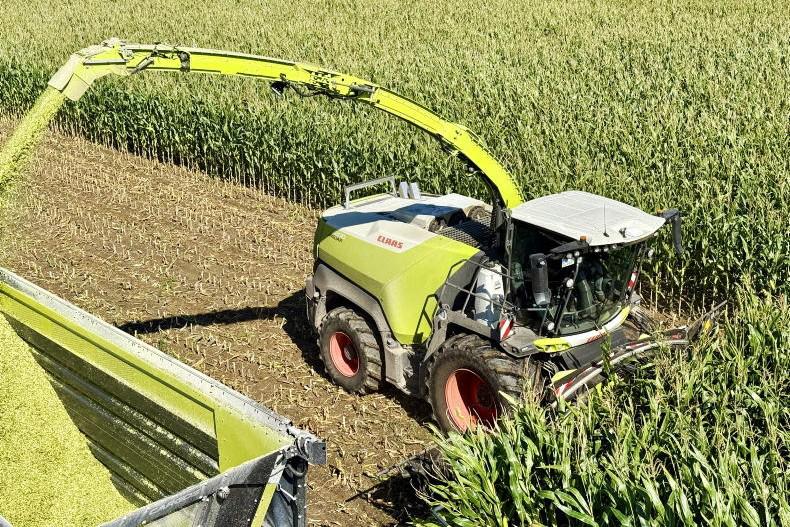Benefits would be seen by all stakeholders along the agri-food supply chain if farmer-generated data was used better, according to researchers working on AgriDISCRETE.
Such benefits, they say, could include helping to implement the CAP strategic plan due to come into effect from next year onwards, improve food supply chain transparency and increase farm efficiency.
AgriDISCRETE is a two-year project funded by the Department of Agriculture to examine the opportunities available in tapping into farm data.
A digitalisation roadmap was launched by the project researchers this week which lays out five possible ways data could improve different elements of agriculture, from markets to farmers’ engagement with regulators.
Greater farmer awareness of the benefits of digital tools would be needed to achieve to these objectives, the project team suggested.
A farm-specific Government data policy was one of the possibilities contained in this roadmap.
Opportunities
Speaking at the launch of the roadmap, Minister of State at the Department of Agriculture Martin Heydon stated that improved farm data management had the potential to both increase farmer margins and improve environmental metrics.
“We have already seen a widespread adoption of digital technologies by farmers such as smartphones, drones and satellites,” Minister Heydon said.
“Online bidding in livestock marts is one of the latest successful examples. Agri-digitalisation can increase profitability, improve working conditions for farmers, and reduce the environmental impacts of agriculture while issues such as data ownership, data use and re-use also need to be carefully considered.
“The AgriDISCRETE project has provided illuminating insights into potential benefits of agri-digitalisation which I believe will be of use to a broad range of actors throughout the agricultural sector including the primary producer,” he said.
Farmer engagement
Farmer and project manager of AgriDISCRETE Kieran Sullivan spoke on the team’s use of farmer-attended engagement events to gain an insight into the topic of agri-digitisation.
“The project team held six roundtable workshops with agriculture providers and farmers to identify challenges the sector is experiencing when considering digitalisation,” said Sullivan.
“These workshops were invaluable to the findings illustrated in the roadmap which describes five core challenges and related opportunities to increase the use of digital technologies in Irish agriculture and develop a marketplace for agriculture data.”










SHARING OPTIONS